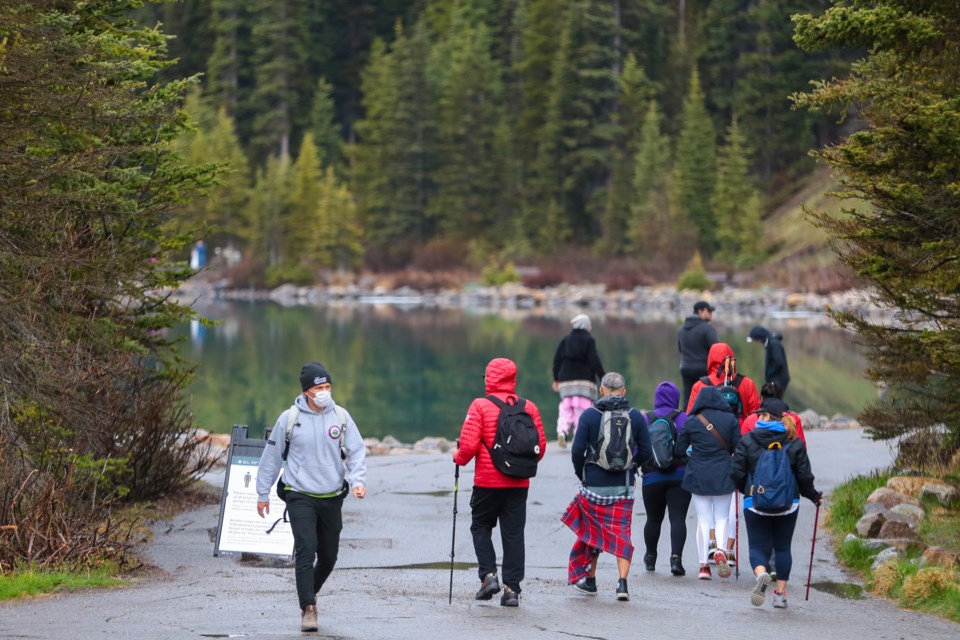OTTAWA – American travellers crossing through Canada to reach Alaska can expect stricter rules in place at the border.
As of Friday (July 31), the Canada Border Services Agency will have new rules and entry conditions for U.S. travellers on the way to Alaska for non-discretionary purposes. All optional and discretionary travel at the Canada-U.S. border remains restricted due to COVID-19 until Aug. 21.
Entry into Canada will only be available to those travelling to Alaska at five ports of entry – Abbotsfort-Huntingdon, Osoyoos and Kingsgate in B.C.; Coutts in Alberta; and North Portal in Saskatchewan.
At the ports of entry, travellers must satisfy Border Service Officers they meet the requirements for entry into Canada. That may include providing documentation that demonstrates the purpose of travel.
According to a press release, American travellers will be allowed a reasonable period of time to complete the trip north; will be limited to travelling by only the most direct route while avoiding national parks, leisure sites and tourism activities; and will be required confirm their exit from Canada.
Additionally, in-transit travellers will receive a "hang tag" to be placed on the rear view mirror for the duration of the trip to Alaska. The tag will make it clear the vehicle's occupants are in-transit and include the date they must depart Canada.
The same measures apply to those travelling from Alaska back to the U.S. However entry into is not limited to designated ports of entry.
Border restrictions due to COVID-19 have been in place since March 21.
While Americans are not permitted to be in Canada for discretionary travel, after the border restriction went into place reports of visitors using a "loophole" of travelling to Alaska to gain entry circulated.
Failure to comply with the border restrictions is an offence under the Quarantine Act and comes with a fine of up to $750,000 and/or six months in jail. If a traveller causes a risk of imminent death or serious bodily harm while willfully or recklessly contravening the act, they could be liable for up to $1 million in fines and or imprisonment for three years.
RCMP in Lake Louise issued seven $1,200 tickets in June to American travellers found hiking in Banff National Park.




